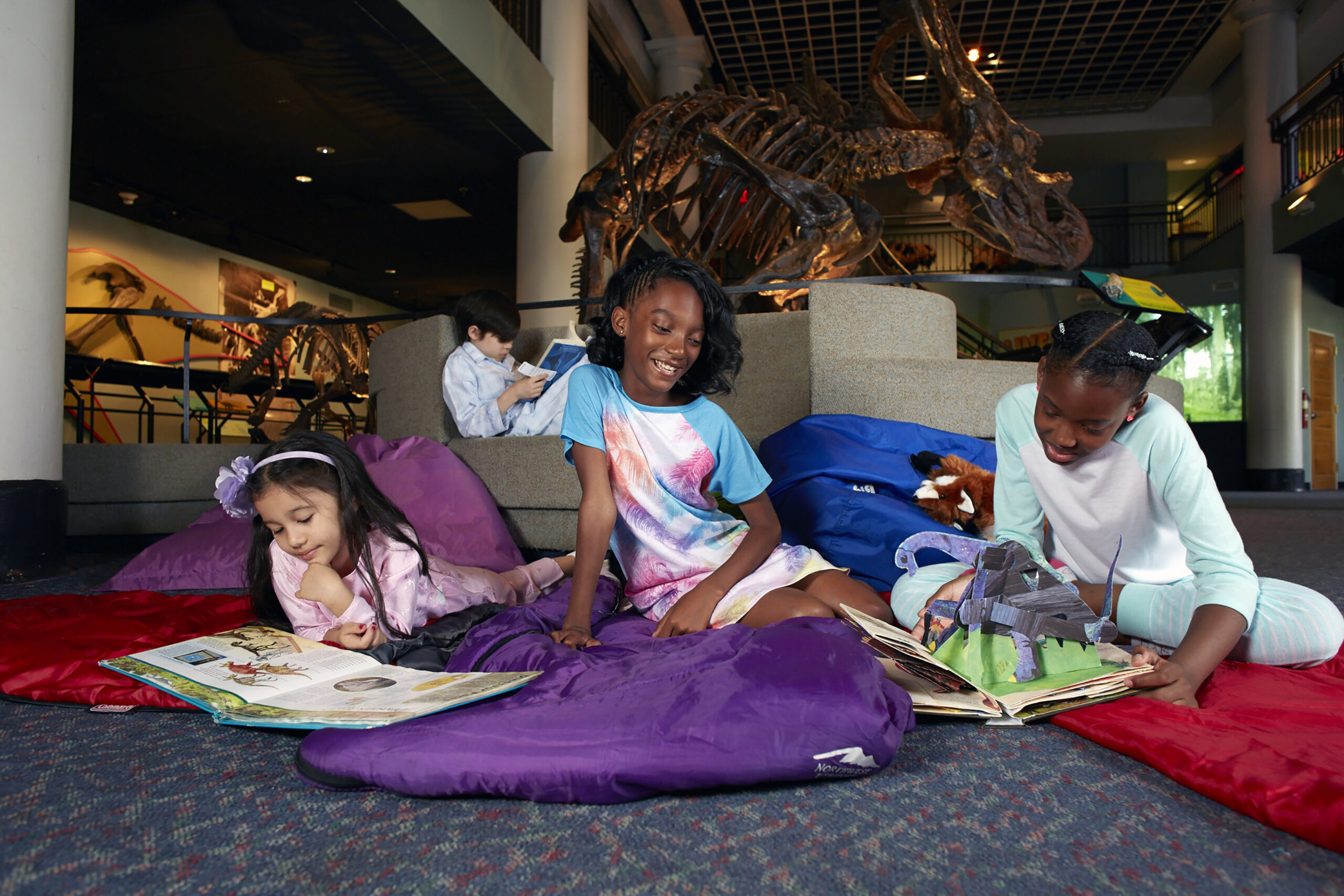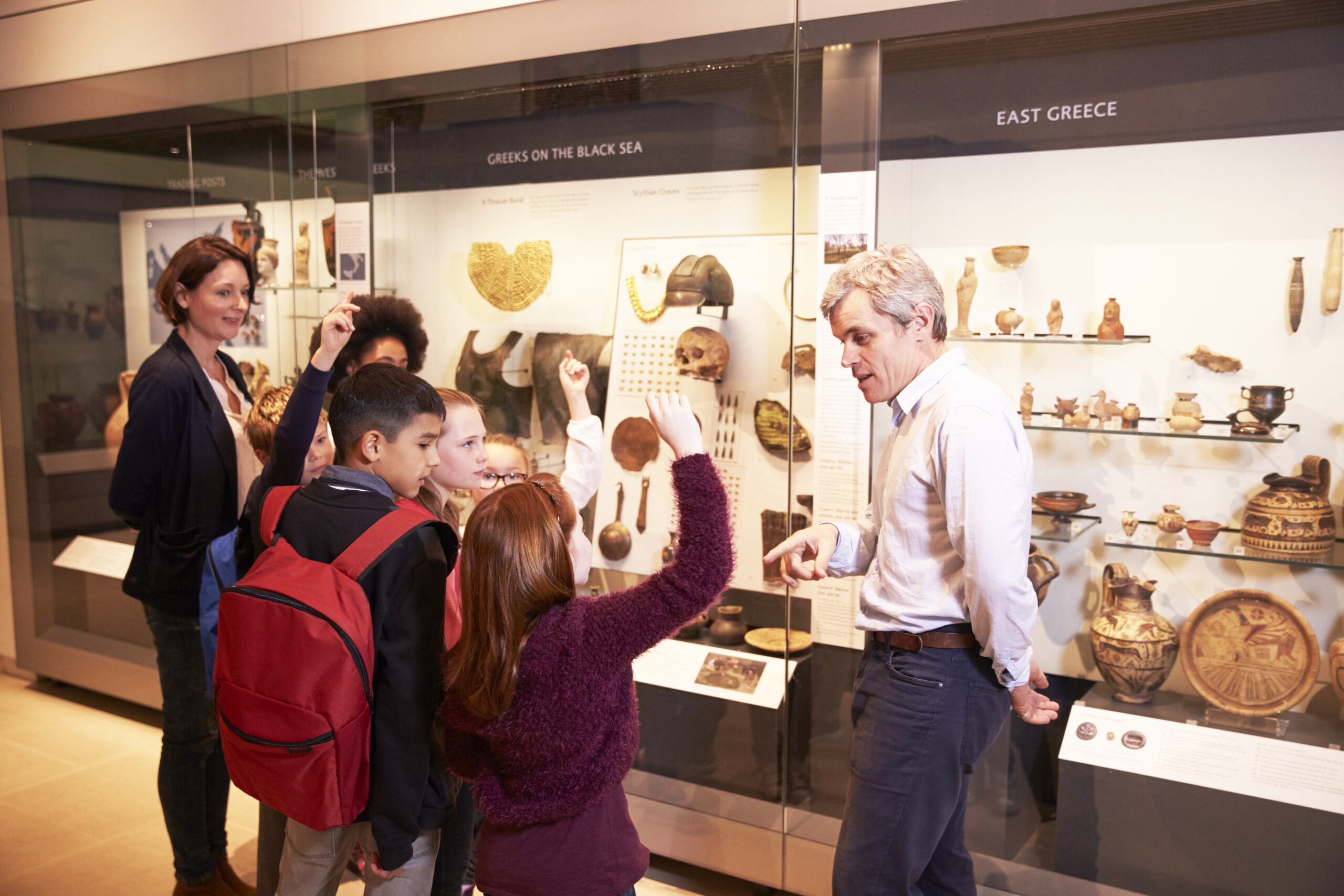If you’re looking for a curriculum-aligned science field trip that gets kids outside, check out the programs offered at our area’s nature centers.
Today’s nature field trips have become closely aligned with state curricular objectives in advance of “next generation” national science standards expected to be announced later this year.
In other trends, several area nature centers and museums report increases in preschool field trips, but some school districts, particularly in New Jersey, have reduced trip and transportation budgets.
New programs
Educators expect that the new national science standards will include a stronger environmental education component and several nature centers and museums have responded with new programs. The New Jersey Audubon Society’s Plainsboro Preserve in Cranberry has added Discovering the New Jersey Ecosystem, which includes three school visits to discuss reptiles and amphibians, birds, and mammals, followed by a field trip to the preserve.
Tyler Arboretum in Media, PA now offers Eco-Common Sense, a K-4program that covers hot-button issues such as deforestation and habitat loss. In Soil Investigator, another new program, “kids will get to feel or texture three different kids of soil to learn about things like the structure of soil and composting,” says Tyler’s youth education coordinator, Martha Moore.
The Delaware Museum of Natural History in Wilmington has added a preschool program in which puppets discuss science, at either the museum or the preschool. The museum has also accommodated requests for a nocturnal animal program and a discussion of butterfly metamorphosis. “We listen to what our audience wants,” says education manager Mariah Romaninski.
The Delaware Nature Society, which staffs the DuPont Environmental Education Center in Wilmington, has engaged in partnerships with several schools and districts. These include a full-year nature program at the Albert Palmer Elementary School and a healthy living and an eight-month eating program at the Urban Promise School, both in Wilmington.
Through a grant from 3M, the Society also is providing watershed lessons to all 7th grade classes in the Capitol, Milford and Red Clay School Districts, as well as training teachers in conjunction with the Delaware Department of Education. “We’re thrilled to join with the Delaware Department of Education,” says the Society’s associate director for education Helen Fischel. “It’s informal education like nature centers and museums working together with formal education.”
Preschool increase
At the Tyler Aboretum, “We have a ton of preschool programs, more than ever before,” says Moore. “The preschools want their kids to be active outside. They can come for a field trip, have a picnic lunch and then in the afternoon play in the tree houses, visit the Meadow Maze, or just explore.”
Rominiski, attributes an uptick in preschool field trips at the Delware Musem of Natural History to “the new push for STEAM — science, technology, engineering and math. There really is a need to start science at the basic level. If you can get started early, they won’t be scared of it later on.”
Senior park naturalist Jill Taylor says Scotland Run Park Nature Center in Clayton, NJ, also has experienced an increase in visits from both preschools and private schools. “I think they may have more funds available than the public schools,” she says.
Public school patterns
Many cash-strapped New Jersey schools have reduced or cut field trips. “We lost several schools due to lack of funding,” says Becca Gutwirth, director of education and outreach at t he Woodford Cedar Run Wildlife Refuge in Medford.
“The escalating cost of busing students to off-site programs has been of concern to many schools,” says Sean Grace, director of the New Jersey Audubon Society’s Plainsboro Preserve.
In Pennsylvania, the Tyler Arboretum experienced a drop in field trips last school year, but “this spring we’ve had more than in the past five years,” says Moore.
The Riverbend Environmental Education Center in Gladwyne, PA has responded to school cutbacks by offering a “Field Trip to Your School Grounds,” Explains education directory Stacy Carr-Poole, “We bring our programs or educators to the school or a local park that the students can walk to and conduct lessons there. This reduces the cost of the program and connects students to nature in their neighborhood.”
In recent months the Delaware Museum of Natural History received fewer visits from nearby districts, “but we picked up some groups from neighboring states, so there was no drop-off in visits,” says Romaninski.
“The trend for public schools is to bring the entire grade level for a whole day,” says Taylor. At the Scotland Run Park Nature Center, she says. “I’m still working on an entire day program, but there is a picnic area with a beautiful view of Wilson Lake and a nice playground for the kids after the nature lesson to round out the day.”
Stanley Thomas is a freelance writer.







